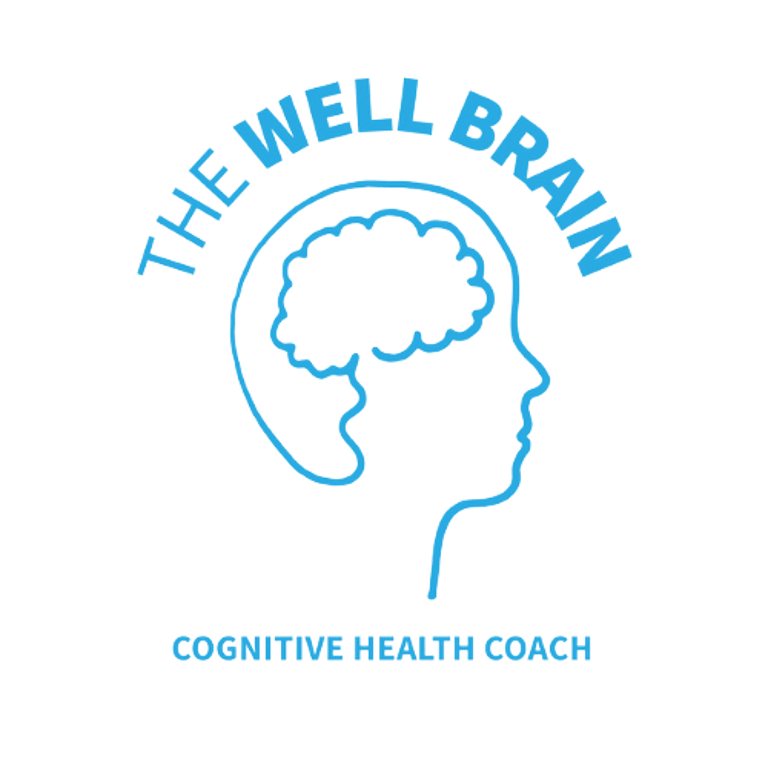What is cognitive health coaching?
a personalized neuro education to connect what we know about parts of the brain to what you experience
real life cognitive strategies and problem solving to support attention, organization, and planning for new adventures beyond survival mode
advocacy support to connect and communicate with your best brain team
The Well Brain virtual practice is where I meet you, with the combined experience of a neuro speech-language pathologist, certified brain injury specialist, Amen University brain health clinician, and international health coach. We explore how brain injury shows up in your daily life.
We work together to understand your cognitive challenges with memory, attention, problem solving, word finding and how they show up in real-life examples. When areas like movement, relationships, joy, and environment are out of balance, they can further affect your cognitive and overall health.
Together, we assess how brain injury impacts your emotional, spiritual, physical, and cognitive well-being. We collaborate with your team, with you at the center, to support your neuro-wellness journey and help you regain confidence in your brain.
You don’t have to navigate care decisions alone. I offer individualized support to help you process options, advocate for your needs, and make choices aligned with your goals. This is your journey, and you can build your best brain team.
what it's not
cognitive testing


it's distinct from cognitive rehab, though can complement that care


neuropsychology
it's not diagnostic, and there is not 4-6 hours of testing
Who it is for?


provider referrals
seeking to enhance patient outcomes through collaborative care
who know their client's need more support to maximize success outside of appointments
brain injury survivors
acquired brain injury survivors, 18+ years of age, who know support is needed outside the four walls of an office
individuals facing cognitive fatigue (neurofatigue), overwhelm, and 'invisible' challenges.
those who know that life after brain injury could be full of joy, creativity, movement, relationships, purpose and passion
